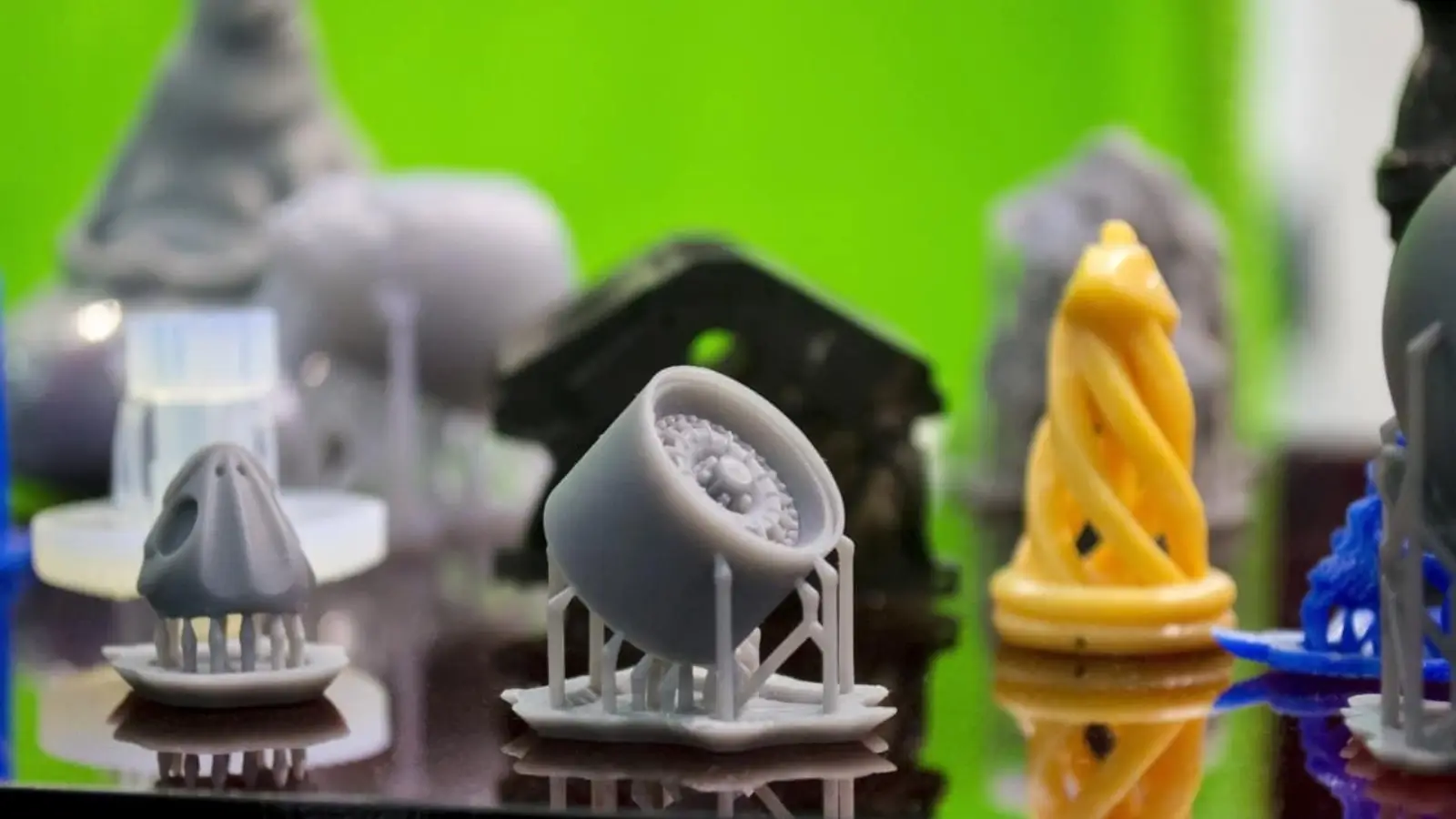


Custom manufacturing has become more accessible and responsive in recent years. One of the major drivers behind this change is the evolution of additive manufacturing methods. Among them, resin 3D printing stands out for its precision, surface quality, and suitability for detailed parts.
This technology is becoming an increasingly common choice for businesses that require parts with complex geometries or fine features. From product design to low-volume production, resin-based printing opens doors to faster and more flexible workflows.
Unlike filament-based techniques, resin 3D printing uses a liquid photopolymer that hardens layer by layer under a light source. This allows for extremely thin layers and a high level of detail. As a result, designers can create intricate parts that may not be feasible with other methods.
Many industries rely on this capability. For example, dental labs use resin printing for accurate molds and models. Consumer product companies apply it to prototype enclosures, wearables, or cosmetic parts. Even in industrial settings, this method is used for jigs, fixtures, and custom housings where fit and finish matter.
Because the process handles fine features so well, it is often chosen when aesthetics or precision are important. The smooth surface finish reduces the need for post-processing, which can save time and preserve detail.
Resin printing is not only for looks. Some resins are formulated for functional parts, offering toughness, flexibility, or heat resistance. This makes it useful in applications where strength or performance needs to be verified before full production.
A product team might print several versions of a bracket or case to test tolerances and usability. If the first version needs changes, the updated file can be printed again the same day. This process helps companies reach final designs faster and with more confidence.
This approach is also helpful when custom parts are needed in small quantities. Instead of investing in molds or waiting for outsourced production, teams can use 3D printing to make exactly what is required, when it is needed.
As the demand for custom solutions grows, many companies are looking for fast and reliable production partners. Working with a local 3D printing service offers convenience and shorter lead times. It also allows for better communication, easier revisions, and more control over timelines.
Local access means businesses do not have to wait for parts to be shipped across long distances. This is especially important for time-sensitive work or when multiple iterations are expected. It also lowers the risk of delays due to international shipping or customs.
Some businesses work with nearby services to support on-site installation or in-person consultations. This helps ensure the finished part meets all the physical and functional requirements before it is put into use.
There is no single resin that fits all needs. Depending on the application, users can choose from standard, tough, flexible, and other materials. A good understanding of how each material performs can help ensure that the printed part holds up to its intended use.
A professional resin 3D printing service can assist with this step by recommending suitable resins and adjusting print settings for accuracy. In custom manufacturing, this kind of support is especially valuable because every project is different.
Even for one-off parts or prototypes, using the right material can prevent unexpected failures and reduce the need for repeated prints.
Custom manufacturing often requires quick adjustments and problem-solving. Resin 3D printing offers a level of responsiveness that aligns well with these demands. Whether producing prototypes, tools, or limited production runs, this method allows teams to move forward without waiting for complex setups or outside vendors.
For businesses that value speed and precision, resin 3D printing adds a reliable tool to their development process. It gives creators more room to refine their designs and deliver products that meet their expectations without unnecessary delays.